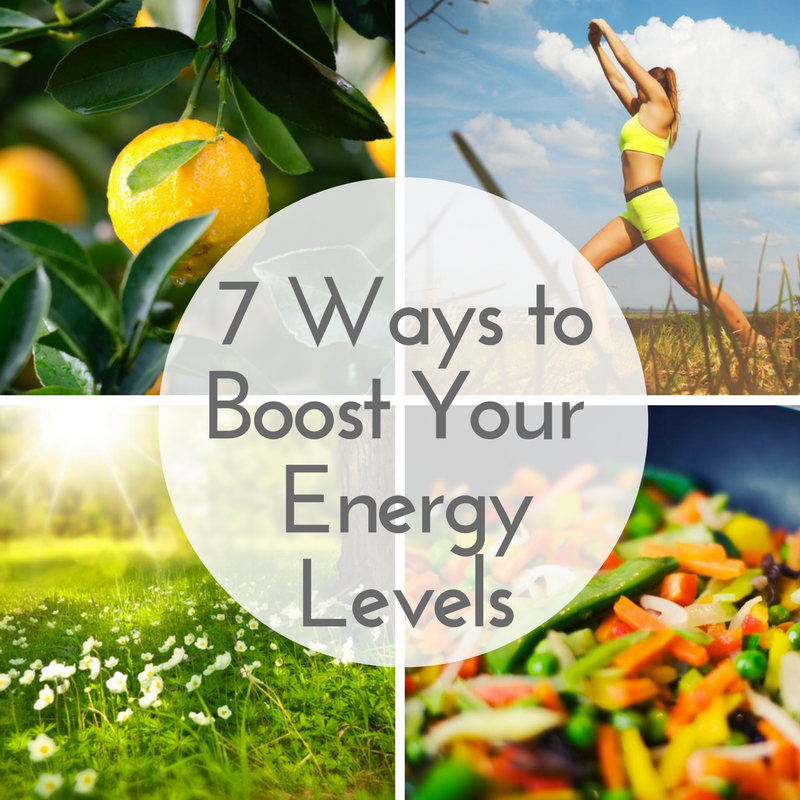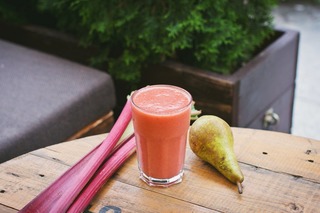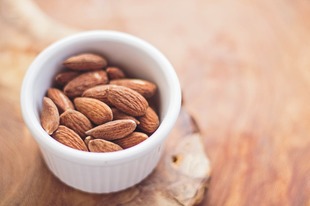1. Drink veggie juice The nutrients in veggie juice are sent on a mission to revitalize your cells. This results in a faster nutritional boost that gives you a burst of energy. It also cuts down on the energy required to consume those foods in their whole form. To get the most out of this tip, juice veggies yourself! Avoid store-bought juices that can contain added sugars and preservatives. And if you’re worried about the natural sugar content from juicing, try to limit the amount of fruit you add to each juice. No one was ever concerned about the sugar content of kale! 2. Consider a magnesium supplement We all feel recharged after a good night’s sleep, but getting those eight hours in is easier said than done. Research shows that if you have trouble sleeping you may want to consider a magnesium supplement. A 2012 study published in the Journal of Research in Medical Science found that patients who were given magnesium supplements over an eight-week period experienced an increase in sleep time, an easier time falling asleep and higher concentrations of melatonin. Magnesium helps regulate hormones that promote relaxation, so it’s not surprising that it would help you get a better night’s rest. Considering that 65 percent of women and 51 percent of men between the ages of 19 and 30 have magnesium deficient diets, it could be a nutrient that your body is lacking. But always check with your doctor before starting a new supplement. 3. Soak up the sunshine Have you ever felt a little down in the dumps after a long period of rain, snow or cloudy weather? This may have something to do with your circadian rhythm and our bodies simplest needs: dark equals sleep; light equals energy. When you’re feeling especially tired, try getting outside for a while. It may help remind your body that it’s time to wake up and tackle the day. There are even full spectrum lights that you can purchase that simulate real sunlight and trick your body into feeling like you're out on a perfect summer day. 4. Get to know L-Carnitine A study from the Department of Senescence of the University of Catania in Catania, Italy found that centenarians who took an L-Carnitine supplement had significantly less physical fatigue and more mental energy than those who took the placebo. Some bonus L-Carnitine benefits include endurance support, increased breakdowns of fats, and enhanced mental focus. 5. Cut simple carbohydrates Simple carbs, such as white breads, cookies and sugary drinks, will provide your body with a short-term boost of energy, but this will inevitably fall as your blood sugar plummets from its carbohydrate-high. Stick to carbs that take longer to digest, such as nuts, oats, sweet potatoes and legumes. 6. Drink more water Your body is made up mostly of water, so it makes sense that it wouldn’t function as it should without an adequate supply of H20. In fact, one of the first signs of dehydration people notice is a lack of energy. So if you’re feeling sluggish, it may be time to hit the water fountain. 7. Exercise Exercise for the first time in a while may leave you feeling drained, but when you incorporate regular exercise into your daily routine, it will have the opposite effect. Exercise helps deliver oxygen and nutrients to your cells, which helps your entire body work more efficiently. The best way to boost your energy levels is to give your body the fuel it needs to work well. You can do this through diet, exercise, sunshine, and additional supplementation. The important part is to listen to your body and adjust your routine as you see fit. Follow these tips and you’ll be able to run that marathon in no time! By Rachel Rachel is a freelance content writer. She has written for a variety of industries including health, fitness, travel, and beauty. Aside from writing, Rachel enjoys running half marathons, traveling, and playing at the beach with her two dogs.
0 Comments
Your comment will be posted after it is approved.
Leave a Reply. |
© 2024 Ketanga Fitness Retreats, LLC. All rights reserved. By signing up for a retreat, you (and any guests you register for) are agreeing to the Ketanga Terms & Conditions.



